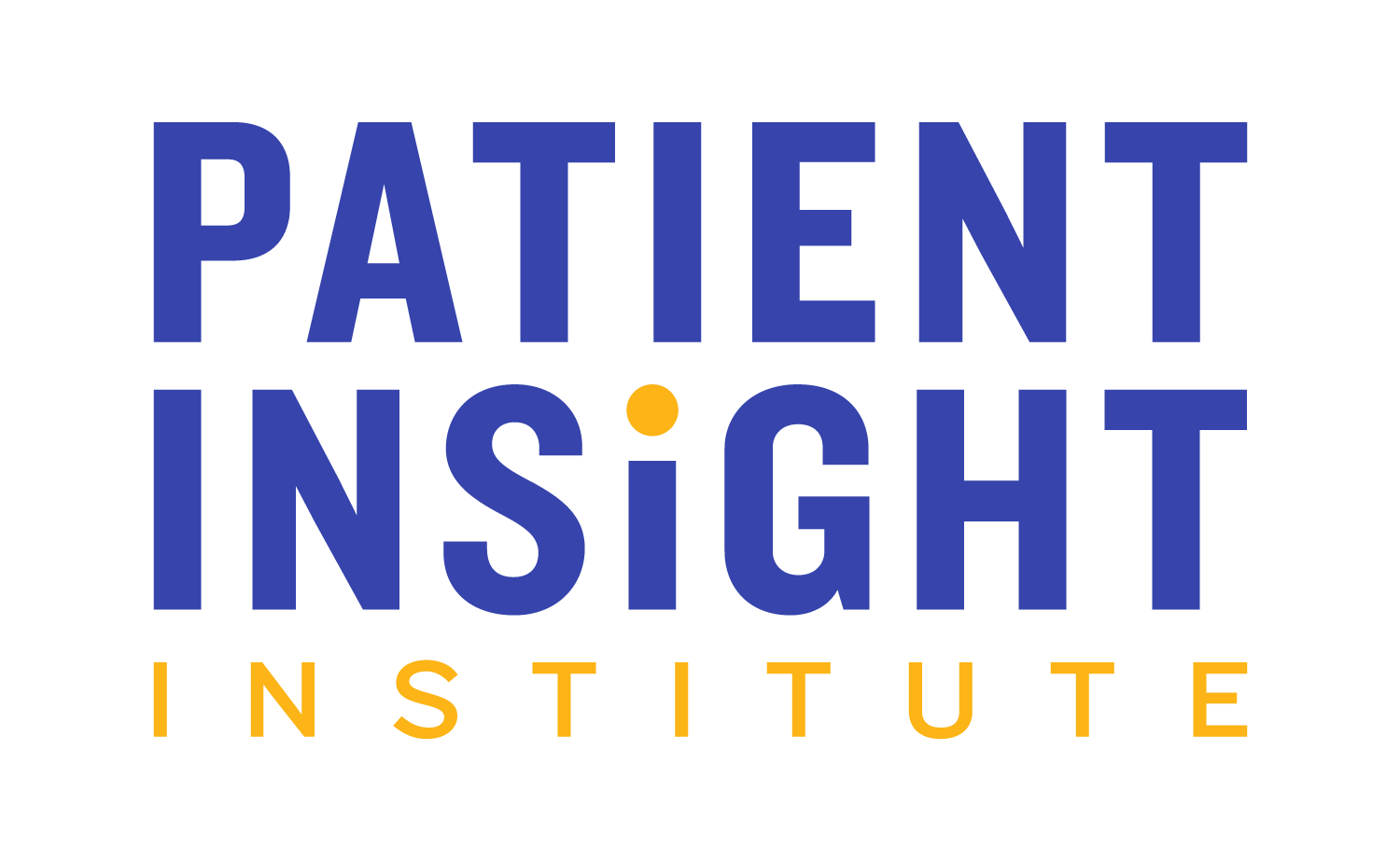The Power of Your Voice: The Story Behind the Statistics
Alissa Xiao
National Patient Advocate Foundation Intern
July 19, 2024
By the time the janitor stopped by my desk to ask if I wanted to turn the overhead lights off of the office space, I was approximately one-third of the way into a stack of over a thousand single-spaced pages of medical records. My supervisors and colleagues had already gone home for the day, so it was just me, the dimmed lights, and the client’s entire medical story spilled out across my desk. As the intern at a Medical Legal Partnership, I was tasked with summarizing the client’s medical records in order for her case to appeal her Social Security Disability Insurance Benefits rejection. I clacked away at the keyboard and turned page over page in a rhythmic back and forth. I nearly had the date of every major hospital visit, health incident, and primary doctor she visited memorized.
As part of reviewing her medical records, I also reviewed her initial application and reconsideration to Social Security. She penned all of the information herself, advocating for and defending her right to receiving the benefits she needs. I had talked to her briefly on the phone to ask her some further questions for her case. She was soft-spoken. She said she was glad that she was getting back into her hobbies, like knitting. At the end of every call, she thanked me for my help even though I was just an intern. Despite the hundreds of hospital records and office visit notes, I believe that it was her voice that bolstered her case the most.
The power of your voice is something I’ve always been cognizant of. As I’m approaching the final year in my undergraduate public health degree, I recognize that behind every statistic and population number, there is someone’s whole story that should be handled with due care. Listening to a patient may be the first and most obvious step, but is often overlooked in favor of quick diagnosis and treatment. Advocating for others, no matter what your position is, is significant in spreading awareness of an issue as well as providing access to resources. As I continue with my experience with NPAF and with learning more about our healthcare and justice system, I hope to elevate the voices of patients who have been silenced for far too long.


